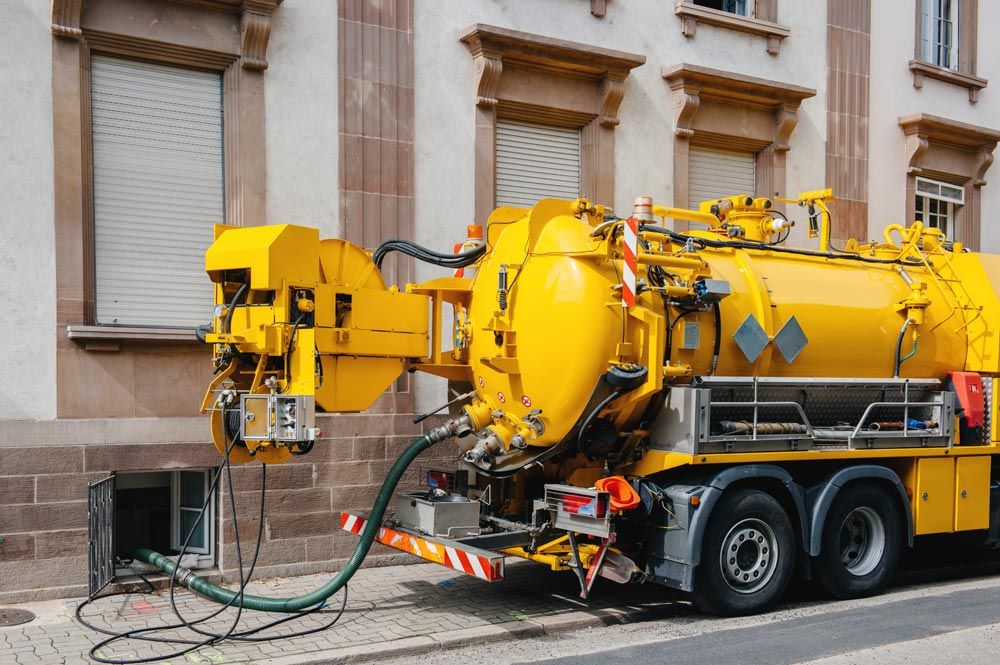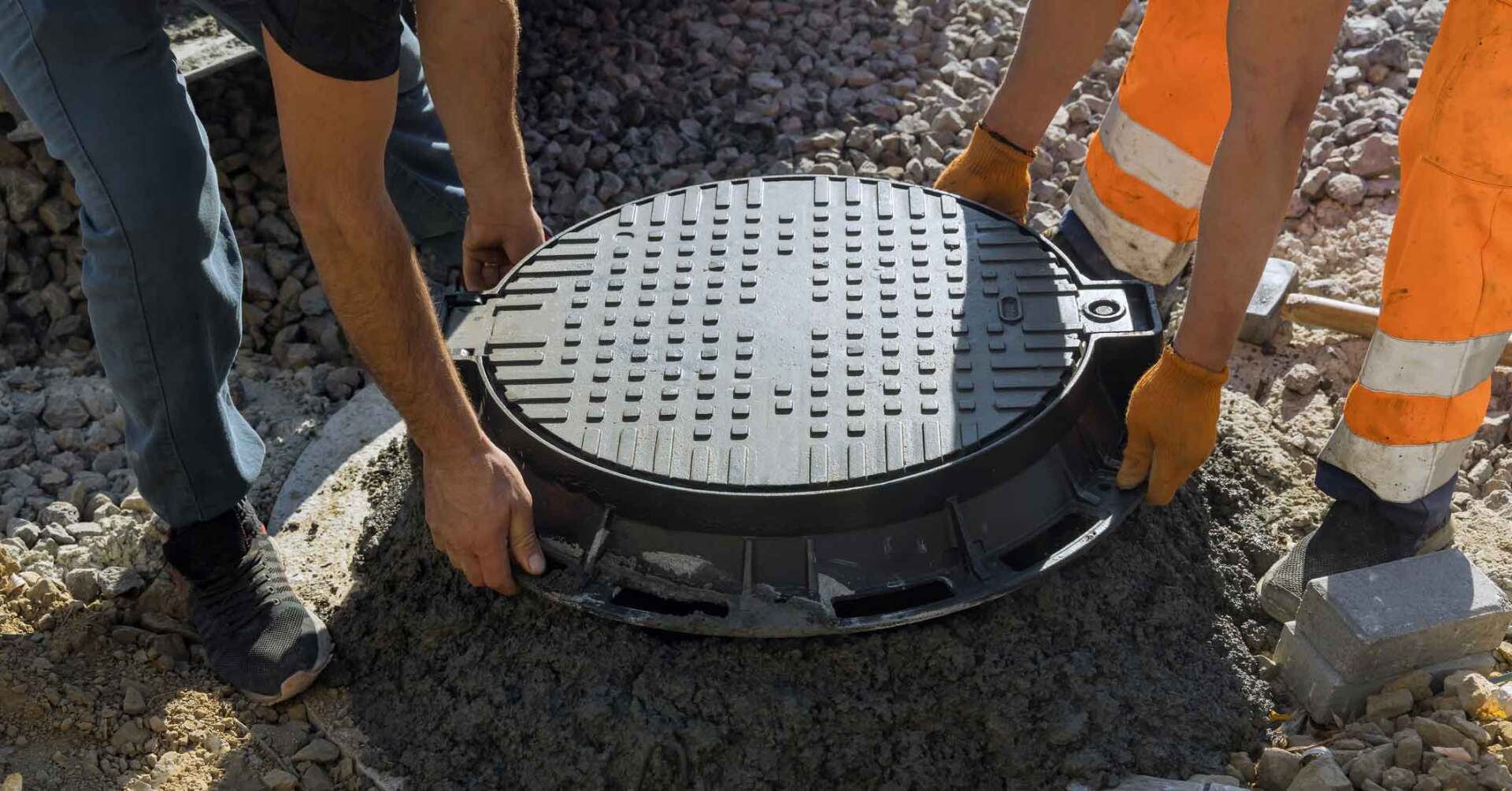3 Ways to Avoid Emergency Septic Tank Pumping
- By Admin
- •
- 30 Apr, 2021
- •
Having your septic tank pumped every few years is a necessary expense for homeowners, but having to pay for frequent emergency pumping services shouldn't be. If you're an informed homeowner who knows what makes your septic system tick, you'll be better able to avoid emergencies that require more frequent septic tank pumping.
Fortunately, maintaining your system and taking preventative measures is fairly straightforward if you know how to avoid causing problems or making them worse. You want your home septic tank to always function as intended. That said, here are three ways to avoid septic tank emergencies by keeping your system healthy.
1. Don't Use the Kitchen Disposal
If your kitchen sink has a garbage disposal for grinding up food scraps, it could be a holdover from past years - especially if the home used to be connected to the sewer system. When you're accustomed to living in homes with sewer hookups, you may not realize that using the disposal with a septic system is not a good idea.
Remember, your septic system is a water treatment system - it's primarily designed for liquid wastes. It can handle human waste, but adding food scraps to that will multiply the amount of solid waste you're asking the septic system to deal with. If you think about how the septic system works, you'll realize that more solids, which stay in the tank rather than being distributed to the leach field, means that the tank will fill up faster and require pumping more frequently.
2. Take Care of Your Drains and Leach Field
Emergency tank pumping to deal with leach field pipe blockages isn't much fun either, especially if those blockages have caused septic backups. Try to form good habits that help you keep your septic tank, leach field, and indoor plumbing in good condition for your continued use. Some tips for doing this include:
- Do not put anything thicker than toilet paper down the drains, especially if it can float
- Do not overwhelm the system by using more water than it's rated to handle
- Do not drain outdoor wastewater, such as roof runoff, into the septic system
Avoiding preventable emergencies is all about using common sense and not doing anything that's likely to cause problems.
3. Avoid Dumping Chemicals Into the Septic Tank
You may not like to think about how your septic tank works, but you should know that your septic tank deals with the sludge that goes into it by using lots and lots of microbes. That includes bacteria. You should always avoid adding chemicals that could affect the growth of these micro-managers of your liquid waste. Bleach and other sanitizing chemicals are especially harmful to a septic system.
Of course, your septic system is very large, and there's plenty of turnover for the liquid waste that it holds. So using a small amount of a bleach-containing cleaner on your toilet bowl weekly shouldn't be a problem.
However, if you're doing some spring cleaning and you've decided to get rid of a few extra bottles of cleaners you didn't really like anyway, do yourself - and the Earth - a favor by finding the nearest hazardous waste drop-off area rather than dumping them down the drain.
These three tips will help you understand your septic system better so you can avoid accidentally causing problems for your leach field, drains, and septic tank. If you'd like more advice and information about caring for your septic and plumbing system, feel free to contact The Nibbler Co




